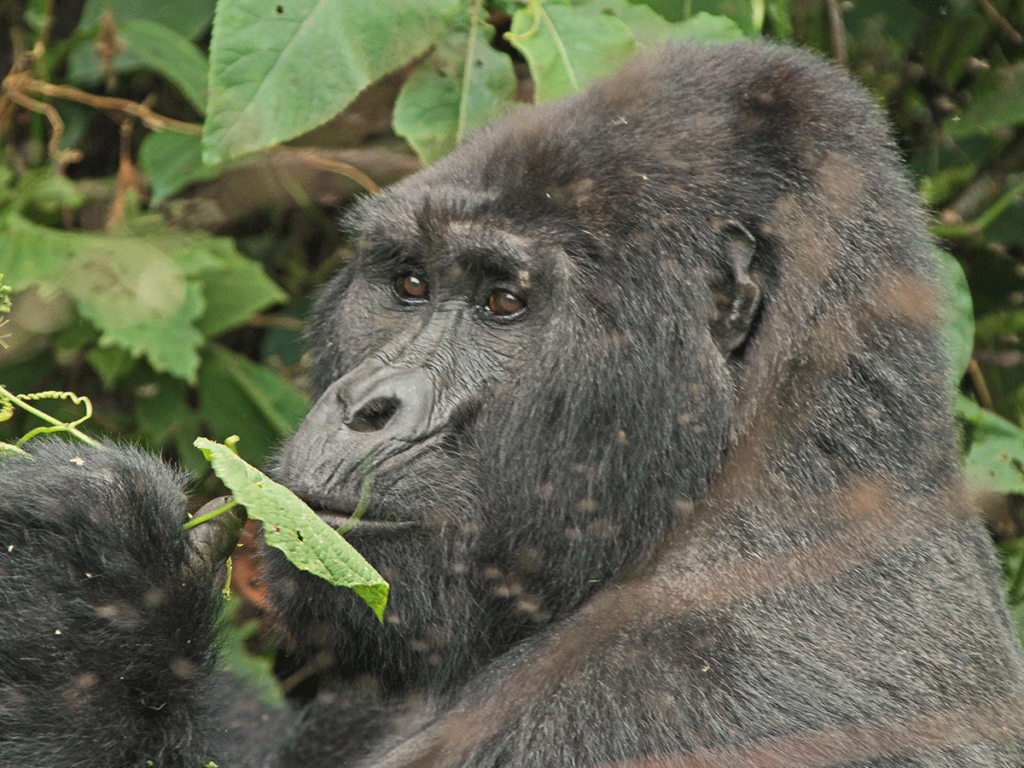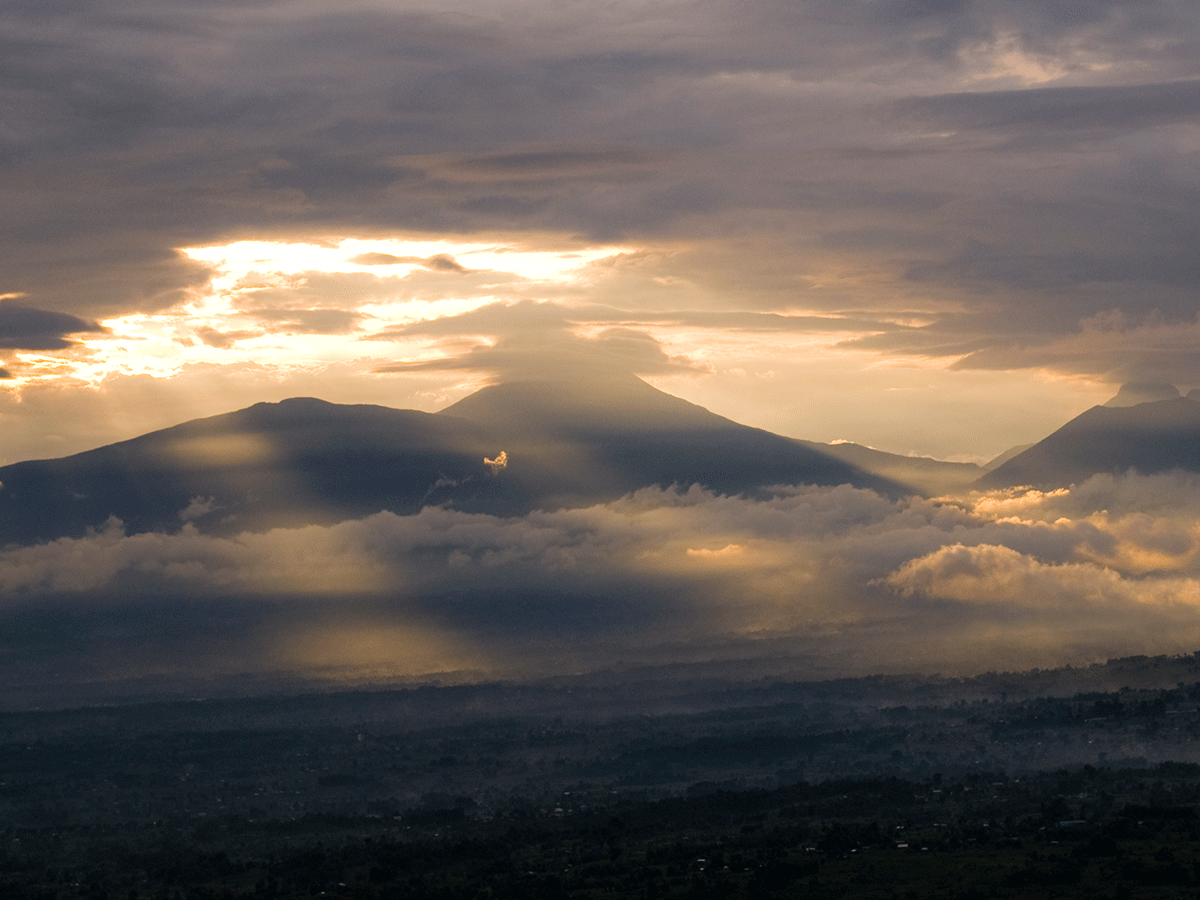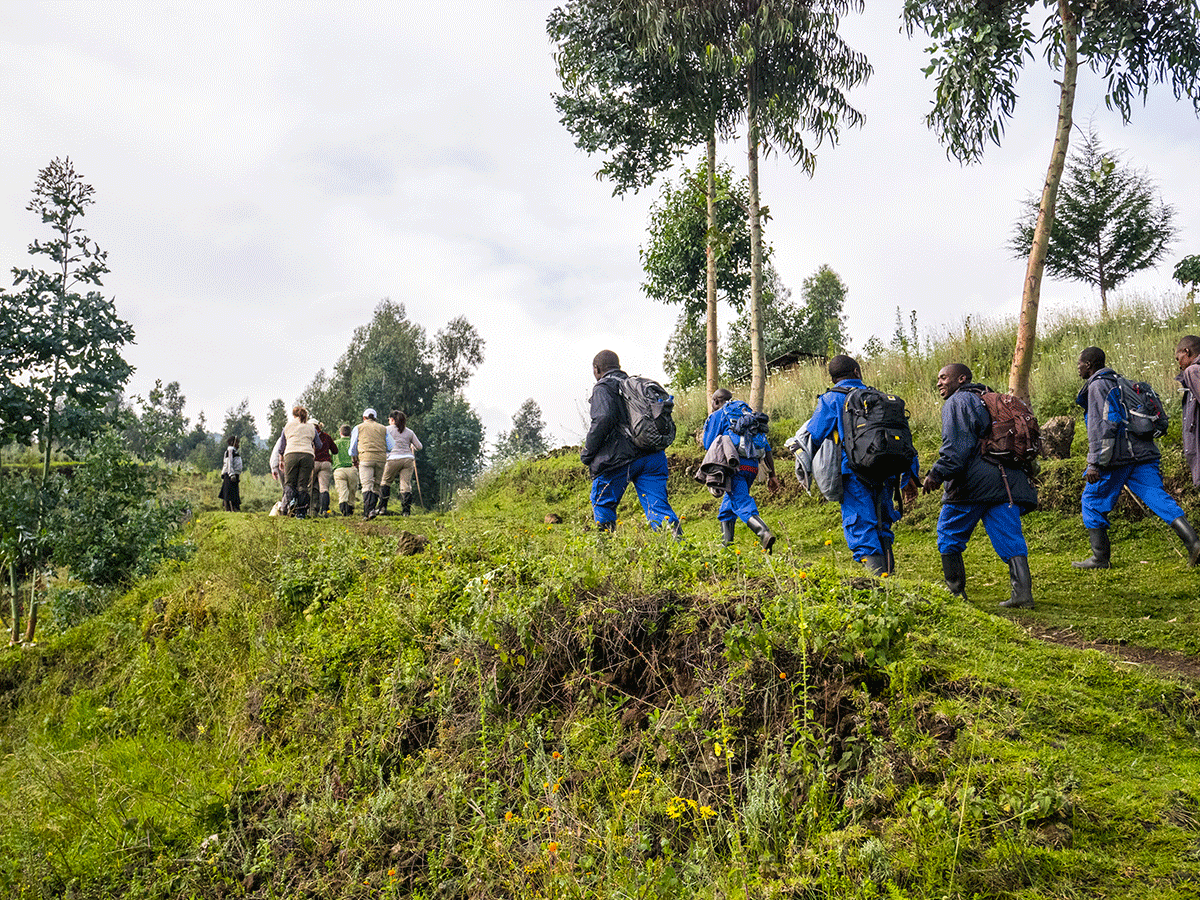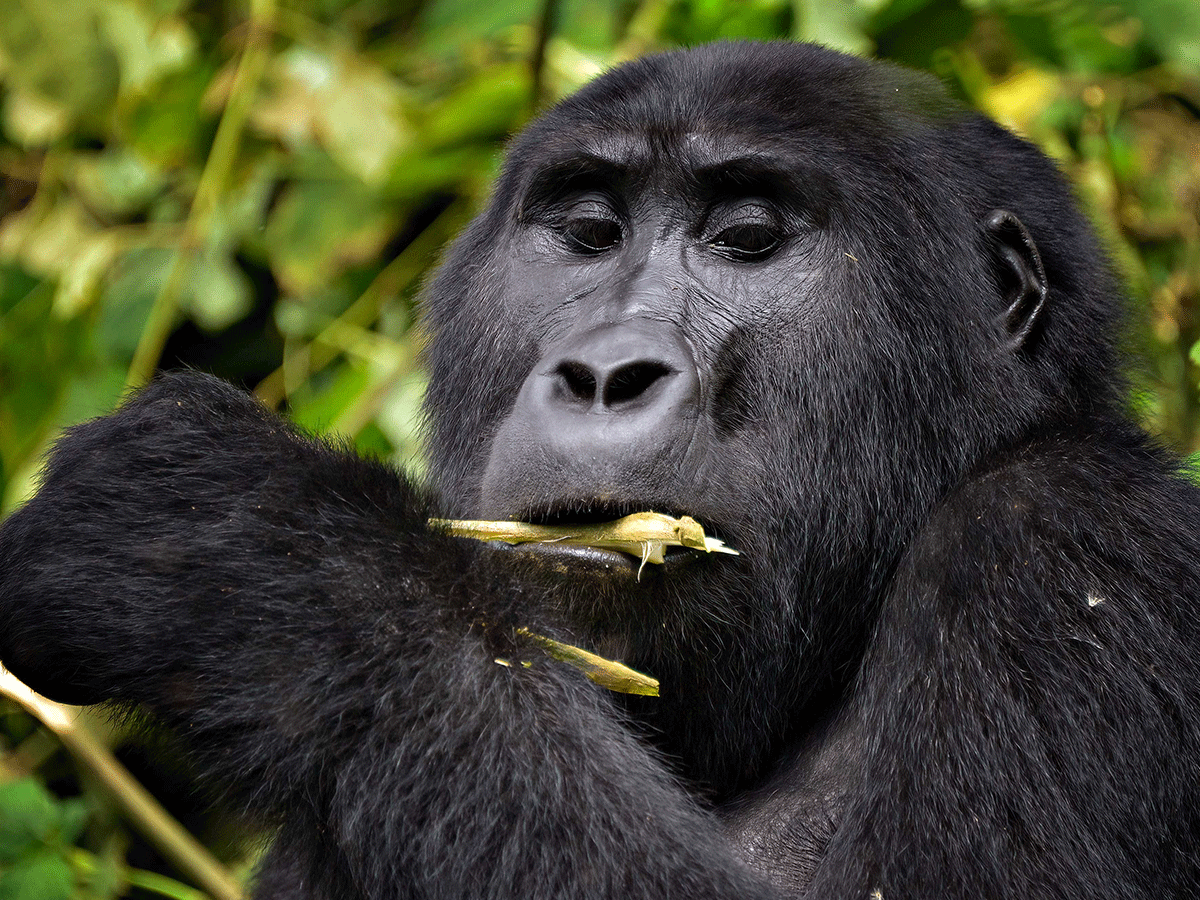Okavango Delta safaris Botswana
Okavango Delta safaris Botswana
One of the most sought after wilderness destinations in the world, the Okavango Delta gives entrance to the spectacle of wild Africa such as dreams are made of – the heart-stopping excitement of big game viewing, the supreme tranquility and serenity of an untouched delta, and evocative scenes of extraordinary natural beauty.
A journey to the Okavango Delta – deep into Africa’s untouched interior – is like no other. Moving from wetland to dry land – traversing the meandering palm and papyrus fringed waterways, passing palm-fringed islands, and thick woodland, resplendent with lush vegetation, and rich in wildlife – reveals the many facets of this unique ecosystem, the largest intact inland delta in the world.
The Okavango Delta is situated deep within the Kalahari Basin and is often referred to as the ‘jewel’ of the Kalahari.
That the Okavango exists at all – deep within this thirst land – seems remarkable. Shaped like a fan, the Delta is fed by the Okavango River, the third-largest in southern Africa. It has been steadily developed over the millennia by millions of tons of sand carried down the river from Angola.
From January to February, the water drains and evaporates. From March until June, a surge of water from the Angola highlands spreads slowly over the delta. The flood peaks between June and August, during Botswana’s bone-dry winters. During this time, the delta swells to three times its usual size, attracting animals from all over and creating one of Africa’s highest concentrations of wildlife. Our guests Spend their days exploring the area on game walks and relaxing in the peaceful countryside. See wildlife on game drives and motorboat trips or relax by the swimming pool.
Wildlife of Okavango Delta Botswana
African elephants, giraffes, hippos, tseessebe, sitatunga, blue wildebeest, black and white rhinos, warthogs, and chacma baboons all call the area home. Several hundred species of birds also live here, including Pel’s fishing owl, crested cranes, the lilac-breasted roller, hammerkops, and sacred ibis.
Top activities to do at the Okavango Delta Botswana
Mokoro Excursions
The Delta is probably best known for its Mokoro rides. These are boating trips through the maze-like channels and shallow lagoons of the Delta. They are conducted in traditional boats which are called Mokoros. These sturdy boats used to be handcrafted out of large Delta trees. Today most of the boats used in the Delta are fiberglass replicas, to prevent the cutting down and depletion of the Delta’s magnificent trees, you will see many animals that feed on the grass and reeds on the palm islands such as Lechwe, Sitatunga, Elephant, Hippo, and Crocodile as well as many others.
Guided Walks
Guided walks in the Okavango Delta are a fantastic way to see the many picturesque scenes and islands. These walks usually take place in the early morning before the day gets hot. The walks are led by expert guides who will ensure your safety and help you track animals and offer a wealth of information about the animals and local plant life. The guides will help you track animals – you may even come across Elephant and Lion, although you will not approach them too closely. These guided walks are a great way to spot the many birds that find sanctuary in the Okavango Delta.
Game Drives
The availability of game drives at the different camps in the Okavango Delta depends on many factors. The two most influential are where the camp is situated and what season it is. People talk of wet and dry experiences in the Okavango. Some camps are situated in dry areas, such as Khwai and Kwara, these camps focus on game drives.
Horse Back Safaris
Horse Back safaris at Macatoo Camp are a wonderful way to see the Okavango Delta as you can go where the safari vehicle can’t. You need to be an experienced rider to do these safaris as the terrain can be rough and you need to be able to control your horse should they spook and bolt.
These trips are led by experienced guides, who will lead you through the many beautiful Delta pathways past many scenic vistas. Horseback safaris usually take place on the seasonal floodplains in the southwestern areas of the Delta.
Elephant Safaris
Elephant back safaris were pioneered in the Abu region of the Okavango Delta in the 1980s. However, these Elephant back safaris have been phased out in Botswana due to concerns over animal welfare. Lodges now offer elephant interaction and education including an immersive walking-based experience. This is a stunning experience that allows you to learn about these huge, gentle animals. It is a wonderful opportunity to physically and intimately engage with the Elephants. You will also learn about their natural behavior, through watching them feed, play, and interact with one another.
Boating Safaris
Many of the “water camps” in the Delta offer game viewing by motorboat. These trips allow you to see the Okavango from a different perspective, although some of the wildlife may occasionally be scared off by the sound of the motor. The boats are also being used to get you to other camps, or to specific destinations such as a visit to the Gcodikwe heronry near Xakanaka.
Fishing
Try your hand at catching the fierce Tiger Fish, or Tilapia on your Botswana safari in the Okavango. Not all water-based camps in the Okavango allow fishing, but some camps do allow fishing on a catch and release basis. Most of the fishing however takes place in the Panhandle region where the Okavango River enters the Delta. Deeper into the Delta, the camps may offer fishing seasonally such as at Gunn’s camp and Xugana and Moremi Crossing.
Helicopter flights
The spectacle of the Okavango Delta is probably best viewed from the air. Scenic helicopter flights are a wonderful way to see the beautiful Palm-fringed Islands and a myriad of waterways that form the Okavango Delta. You may see some of the Delta on a scheduled flight to and from your Lodge, but to truly see the Delta and gaze down at the many animals below, you should go on a scenic helicopter flight. Many of these flights leave from Maun and are a great option when going to or returning from your camp.
How to get to the Okavango Delta Botswana
Generally, access into the Okavango Delta and the private safari camps is by flying in. There are several airstrips usually situated a few minutes’ drive and/or boat ride, from the camps. Flights into these airstrips can be from Maun or Kasane Airports, or linked from other airstrips in the different areas of Botswana, and are usually not included in the standard rates, although they may be packaged in with multi-night stays. The lodges and camps will pick up from the airstrips, sometimes at no extra cost. Flights into Maun are via Johannesburg and Cape Town, or locally from Gaborone and Kasane. Charter flights are another option, and inter-camp air transfers are available when booking with sister camps in Botswana. Flights from Maun Airport into the delta take no more than 30 to 45 minutes.
Best time to visit the Okavango Delta Botswana
We generally recommend the drier months of July, August and September as the best time to travel to the Okavango Delta as the surrounding regions are now very dry, the animals often gather together at the remaining water points and wetlands of the delta. In addition, the land areas in the delta are also becoming smaller and smaller, leaving the animals with fewer opportunities to retreat.
The transitional months between the dry season and the rainy season are also highly recommended as a travel season. Generally, there are good conditions for your unforgettable safari from May to October. During the rainy season, however, many lodges in the Okavango Delta are closed; some places can now only be reached by boat or seaplane anyway.
Where to stay at the Okavango Delta Botswana
Campsites
There are plenty of basic campsites at the South Gate, Khwai Gate, Xakanaka, and Third Bridge. These are ideal for self-drivers who self-cater and only need a place to cook and ablution facilities. Although activities are not included, you can book a Mokoro canoe trip as well as a boat ride when the water level is high enough. Other activities include game drives and bush walks.
Budget Accommodation
Also near the entrance gates are a couple of tented camps and lodges, which offer affordable accommodation, great for those who don’t want to carry all the equipment. Third Bridge offers elevated en-suite safari tents on a self-catering basis. The Panhandle area also has some lower-end lodges and fishing camps.
Luxury Accommodation in Okavango Delta
There are plenty of luxury camps both within and outside the borders of the Moremi Game Reserve. These are typically on private concessions, and they pamper guests with delicious food and a range of activities included in the price. The private concessions do not get traffic from tour operators or other camps, and so guests staying at these camps have exclusive experiences. Around Chief’s Island, there are actually very few camps – five to be exact. Mombo Camp, Little Mombo, and Mombo Trails are on the northern ridge of the island. Sanctuary Chief’s Camp is right in the heart of the island. On the southern edge of the island is Sanctuary Stanley Camp. Other luxury camps are dotted around outside the perimeter of the island as well as along the border of the Moremi Game Reserve.
Accommodation Outside the Delta
There are other lodges that are suited for those who want to drive in and out and not necessarily stay within the delta. There are several budget options – self-catering, camps, and B & B’s, on the Maun-Okavango road. Along the Thamalakane River which runs adjacent to the Maun-Okavango road, there are a few reasonably priced lodges such as Okavango River Lodge and Island Safari Lodge.
START PLANNING YOUR SAFARI NOW!
Talk to one of our African adventure experts and let them tailor-make your safari
You might also be interested in...
Our experts have hand-picked further safari packages to suit your adventure dreams.
Inspirational journeys




